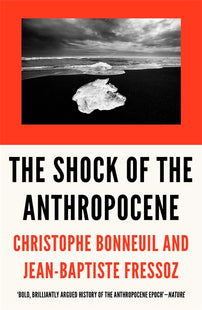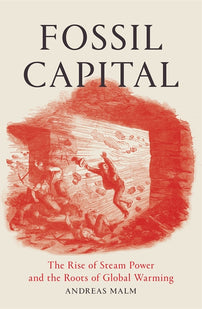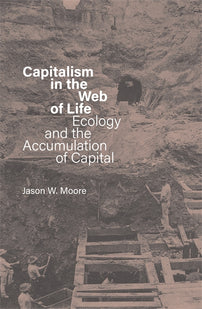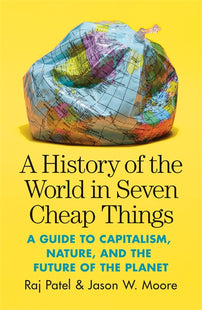Rudolf Diesel’s failed utopia
The German engineer invented the engine that would bear his name to contribute to the development of agriculture. The success of this technology has made it the fuel of economic globalization, with peak oil and tens of thousands of premature deaths.

In the late 1870s, Rudolf Diesel, a young student at the Technische Hochschule in Munich, was fascinated by the thermodynamics course of his teacher Carl von Linde. He set himself the almost existential objective of inventing and manufacturing a ‘perfect engine’ capable of replacing the disastrously energy-inefficient steam engine.
But Diesel saw further: after Stanley Jevons’s book The Coal Question was published in 1865, the prospect of coal exhaustion haunted people’s minds, and Diesel hoped that his engine could run on coal dust and even vegetable oil. The powerful French colonialists were very interested in his invention, which would provide outlets for palm or groundnut oil from colonial plantations.
And then, Rudolf Diesel was also very interested in socialism. He was born in Paris in 1858, where he lived until the Franco-Prussian War of 1870. He spoke French and was familiar with the writings of socialist thinkers, particularly those of Proudhon, with whom he shared the project of a decentralized economy based on workers’ cooperatives.
By developing a small engine, cheaper, less complex, easier to maintain and more reliable than the steam engine, Rudolf Diesel thought he could rebalance the economic game, giving handicrafts a new chance and revitalizing the rural world. ‘It is undoubtedly preferable,’ he wrote, ‘to decentralize small industry and establish it in the countryside instead of concentrating it in large overcrowded cities, without air, without light and without space. This goal can only be achieved by an independent machine, easy to use and maintain.’ When, after long difficulties, his prototype was finally ready, he proudly claimed in his correspondence that he had ‘solved the social question’.
As shown by the historian Vaclav Smil (Prime Movers of Globalization. The History and Impact of Diesel Engines and Gas Turbines, MIT Press, 2010), diesel engines have produced more or less the opposite of what their inventor had hoped. Their excellent energy efficiency (50 per cent for large engines compared to 30 per cent for conventional petrol engines), their incomparable power (those fitted to large container ships can reach nearly 100 megawatts) and their reliability (ships do not need an emergency motor) have made them the industrial engine par excellence.
Economic globalization
When the economy had to decentralize and provide cheap energy to small producers, the powerful, robust and reliable diesel engine became the driving force behind construction and mining machinery, bulldozers, tow trucks, loggers, tractors, combine harvesters, agricultural mechanization, in short, what economic historians now call the ‘great acceleration’ that began in the world in the 1950s.
In the same time period, the diesel engine became the essential, and perhaps even indispensable, motor of economic globalization. It powers giant tankers, bulk carriers and container ships (accounting for 97 per cent of total tonnage); it drives heavy goods vehicles throughout the world and freight trains in the United States (accounting for 40 per cent of freight there, compared with less than 10 per cent in France). In short, it is the diesel engine that, by making economic globalization possible, has produced deindustrialization in France, the rise of inequalities and the current social conflicts.
Rudolf Diesel hoped for a decentralized and fairer economy, a rural industry where small-scale handicraft would have a full place, but we have ended up with economic globalization, deindustrialization and ‘gilets jaunes’. He hoped for renewable energy and cities with clean air, but we now have peak oil and tens of thousands of premature deaths. Utopias really should be distrusted, especially those of engineers.
Jean-Baptiste Fressoz is a CNRS research fellow at the Centre de Recherches Historiques of the École des Hautes Études en Sciences Sociales (EHESS).
Le Monde, 20 November 2018. Translated by David Fernbach
[book-strip index="1" style="display"]



